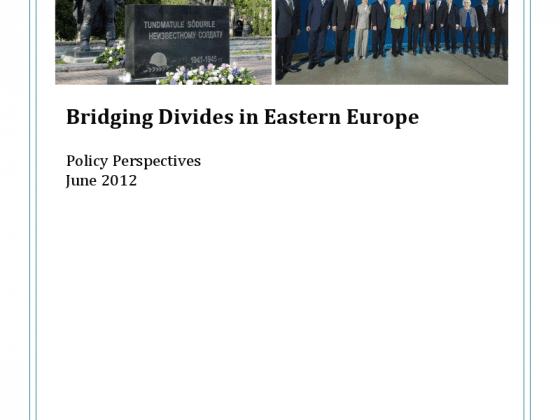Barter and other closely related forms of non-monetary exchange present a critical challenge for Russian public policy. As of early 1998, from 50 to 70% of exchange in industry took the form of barter, leaving many firms with too little cash to pay salaries and taxes. Both the federal and local governments use non-monetary taxation extensively. In 1997, at least one quarter of the revenue collected for the federal budget took a non-monetary form. Although in early 1998 there was some reduction in this share, after the August crisis non-monetary taxation has once again become prevalent. Since such revenues cannot be used either to make payments on government bonds or to pay salaries to government employees, Russia's fiscal health is even worse than the distressing figures on total levels of tax collection imply.
To date, rich-country policy on this issue has been led by the IMF, which has analyzed the spread of barter and non-monetary taxation as failure of the Russian government's political will to enforce fiscal discipline. Since 1995, Fund policy has therefore focused on ways to infuse the government with resolve by making its lending conditional on elimination of non-monetary taxation. However, Russia has routinely evaded or ignored these conditions.
If they wish to help Russia overcome its barter crisis in a progressive manner, Western countries will need a policy that is far more politically sophisticated. Rather than trying to impose a coercive solution from the outside, rich countries will need to pick sides in an internal Russian debate on how to overcome barter. Continued advocacy of prior policies will at best render richcountry aid and advice irrelevant. At worst, it risks strengthening the hand of those proposing dangerous inflationary solutions to the barter problem.
This memo briefly analyzes the roots of barter and non-monetary taxation as well as contending Russian approaches to their elimination. It then addresses the effects of the August crisis, concluding with suggestions for policy. […]









